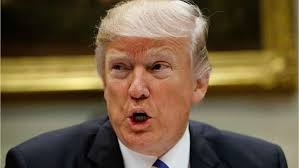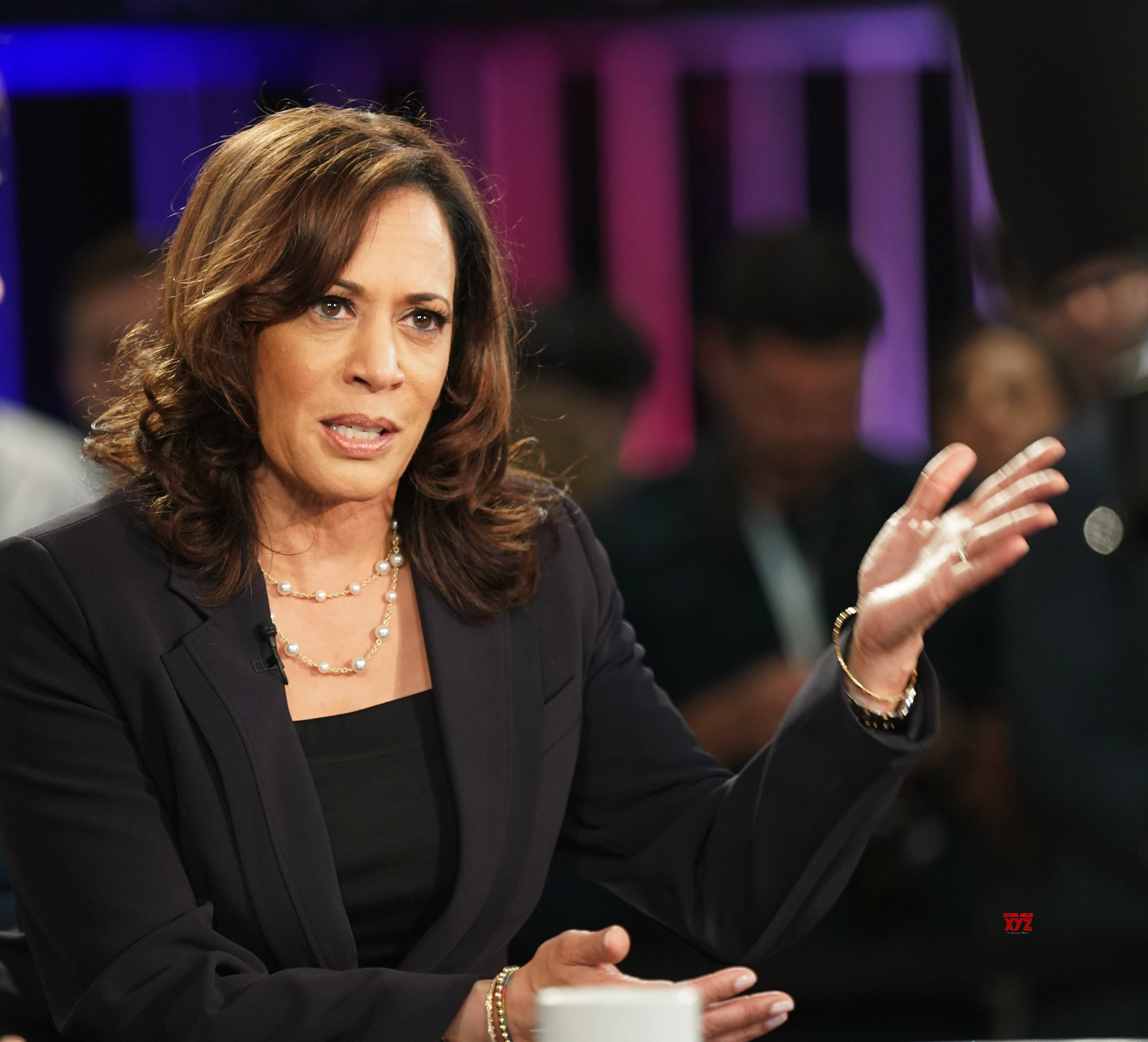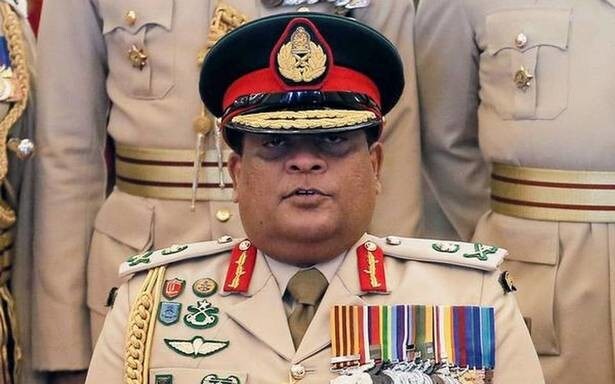 WASHINGTON: President Donald Trump in his first budget is seeking to cut the foreign aid by a whopping 28 per cent which is likely to have an impact on top recipients like Pakistan.
WASHINGTON: President Donald Trump in his first budget is seeking to cut the foreign aid by a whopping 28 per cent which is likely to have an impact on top recipients like Pakistan.
The budget will also call for a dramatic shift from the “soft power” diplomacy of the Obama era to a “hard power” military buildup. It would propose an increase the country s defense budget by USD 54 billion.
The US is expected to spend more than USD 40 billion on foreign aid in the current fiscal year, with about 60 per cent of that for economic and development assistance and 40 per cent on security, a media report said.
This is likely to have an impact on America’s foreign aid to countries like Pakistan, which has been one of the top recipients of America s foreign aid post 9/11.
The top recipients are Afghanistan, where 8,400 US troops are deployed, about USD 4.7 billion; Israel, USD 3.1 billion; Egypt, USD 1.4 billion; Iraq, USD 1.1 billion; Jordan, USD 1 billion and Pakistan, USD 742 million. Kenya, Nigeria, Tanzania and Ethiopia each received more than USD 500 million, the report said.
“You will see a fairly dramatic reduction in State Department (budget). That is not a commentary on the President’s policy towards the State Department,” Mick Mulvaney, the Director of the Office of Management of Budget, said.
He said that the foreign aid line items in the budget happen to fall within the State Department functions.
During his campaign, Trump, had said he wants to spend less money overseas and more money back home.
The budget proposals try to accomplish this goal.
The proposals being released by the White House is a “budget blueprint” and not a complete budget. The full budget would be introduced in May.
Mulvaney said despite the reduction in the State Department budget, the White House has protected the core diplomatic function of the State.
“What you see in the State Department budget is the reduction in the foreign aid program,” he said.
“This is the America First Budget. We rolled it by using president s own words, through articles that have been written about his policies, we talked to him, we wanted to know what his policies were and we turned those policies into numbers.
There will be more money on defense, USD 54 billion.” Mulvaney said.
“There is more money for enforcing security at the border and there is more money on enforcing law on the books generally,” he said.
“There is no question that it is a hard power budget.
This is not a soft power budget. And that was done intentionally. The President very clearly wants to send a message to our allies and our potential adversaries that this is a strong power administration.
“So we have seen money move from soft power program such as foreign aid to more hard power programs. That s allies can expect. That s adversaries can expect,” Mulvaney told reporters.
Mulvaney said the President wanted to do that without any increase in the projected USD 483 billion budget deficit in 2018.
“We have simply not added to the deficit in order to accomplish his policies. You will see reductions from the President who ran on America First campaign,” he said, adding that there are reductions in the State Department and Environment Protection Agency.
“If he said it on the campaign it is in the budget,” he said.
Among other things, the budget proposes USD 1.5 billion towards building the wall along the US-Mexico border. The money includes for carrying out feasibility study and conducting some of the pilot projects for building the wall, which was Trump s major campaign promise.–PTI






